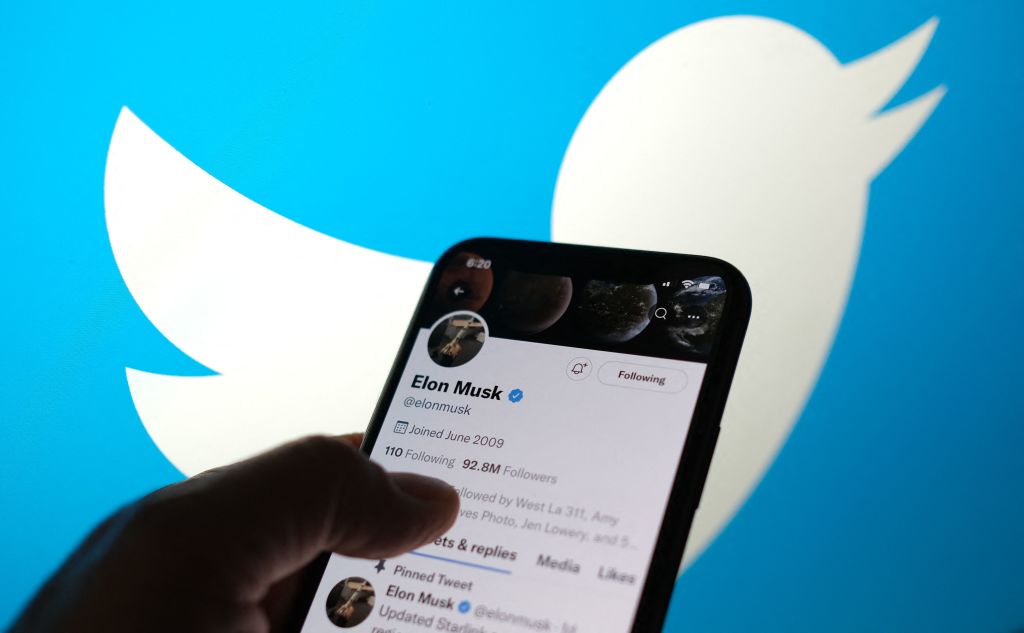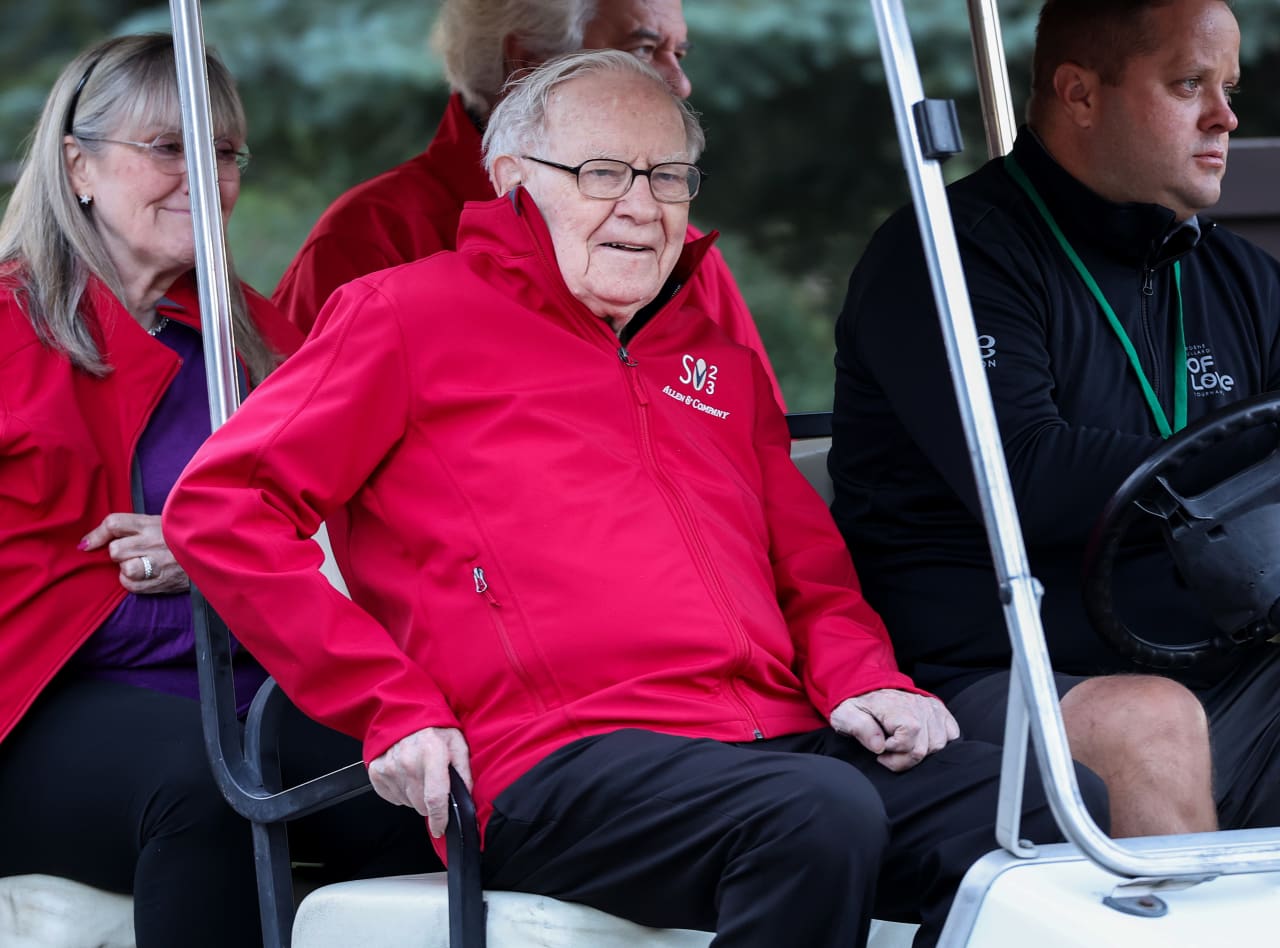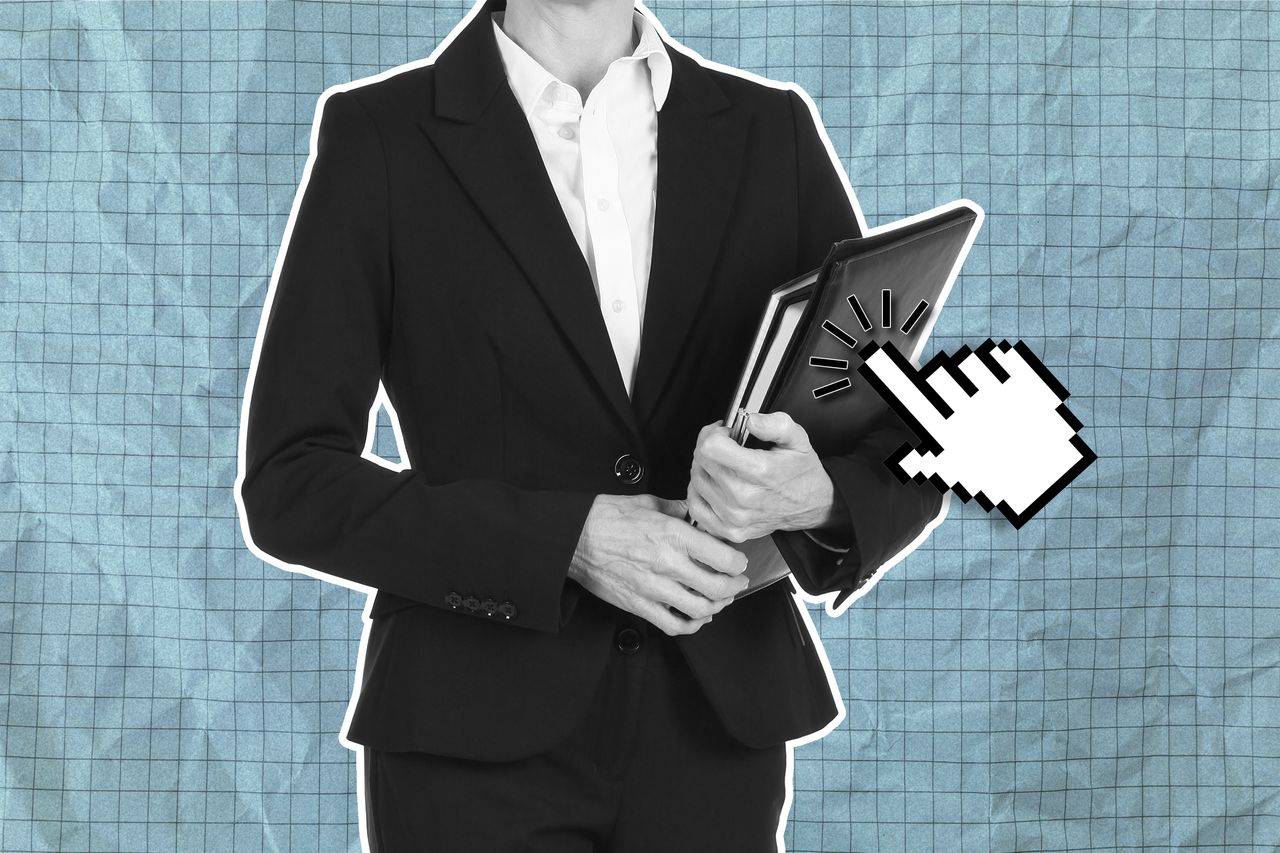Twitter On Pace For 7-Day Losing Streak
CEO defends its fight against spam.
Twitter shares were on pace Monday to decline for a seventh-straight day amid doubts about whether Elon Musk’s $61 billion deal to acquire the social media platform would go through.
Twitter (ticker: TWTR) was down 6.7% to $37.98 on Monday. Unless the stock stages an end-of-day rally, this would the Twitter’s longest losing streak since December, when it also fell for seven consecutive days. The shares have lost 23.5% over this seven-week stretch, their worst decline since March 19, 2020, when the stock lost 29.7%. The Nasdaq Composite was down 4.6% over the same period.
Musk tweeted last week that his acquisition of Twitter was on hold pending details on the number of fake accounts, or bots, that were active on the platform. Twitter has calculated that less than 5% of accounts are fake, but Musk said his team would be conducting a random sample to verify the calculation. Eliminating bots has been a key point for Musk, who said it will help make the platform more valuable.
In a flurry of tweets on Monday, Twitter CEO Parag Agrawal defended the company’s spam-fighting policies, saying management had shared an overview of the process with Musk a week ago.
“We suspend over half a million spam accounts every day, usually before any of you even see them on Twitter,” he said in a tweet. “We also lock millions of accounts each week that we suspect may be spam – if they can’t pass human verification challenges.”
Musk responded to Agrawal’s thread with a “poop” emoji. The Tesla (TSLA) CEO said last week he was “still committed to [the] acquisition].”
Wall Street still seems to expect that the acquisition will go through, with some speculating it may be a way to renegotiate the price.
“While we believe this review likely delays the acquisition, we would be surprised if there are any material changes to the deal structure as a result of spam/false [daily active users],” wrote Citi analyst Ronald Josey.
Separately, Twitter last week announced it was suspending hiring and would be rescinding some offers. The company also laid off two senior executives.
Reprinted by permission of Barron’s. Copyright 2021 Dow Jones & Company. Inc. All Rights Reserved Worldwide. Original date of publication: May 16, 2022.
 Copyright 2020, Dow Jones & Company, Inc. All Rights Reserved Worldwide. LEARN MORE
Copyright 2020, Dow Jones & Company, Inc. All Rights Reserved Worldwide. LEARN MORE
This stylish family home combines a classic palette and finishes with a flexible floorplan
Just 55 minutes from Sydney, make this your creative getaway located in the majestic Hawkesbury region.
Continued stagflation and cost of living pressures are causing couples to think twice about starting a family, new data has revealed, with long term impacts expected
Australia is in the midst of a ‘baby recession’ with preliminary estimates showing the number of births in 2023 fell by more than four percent to the lowest level since 2006, according to KPMG. The consultancy firm says this reflects the impact of cost-of-living pressures on the feasibility of younger Australians starting a family.
KPMG estimates that 289,100 babies were born in 2023. This compares to 300,684 babies in 2022 and 309,996 in 2021, according to the Australian Bureau of Statistics (ABS). KPMG urban economist Terry Rawnsley said weak economic growth often leads to a reduced number of births. In 2023, ABS data shows gross domestic product (GDP) fell to 1.5 percent. Despite the population growing by 2.5 percent in 2023, GDP on a per capita basis went into negative territory, down one percent over the 12 months.
“Birth rates provide insight into long-term population growth as well as the current confidence of Australian families,” said Mr Rawnsley. “We haven’t seen such a sharp drop in births in Australia since the period of economic stagflation in the 1970s, which coincided with the initial widespread adoption of the contraceptive pill.”
Mr Rawnsley said many Australian couples delayed starting a family while the pandemic played out in 2020. The number of births fell from 305,832 in 2019 to 294,369 in 2020. Then in 2021, strong employment and vast amounts of stimulus money, along with high household savings due to lockdowns, gave couples better financial means to have a baby. This led to a rebound in births.
However, the re-opening of the global economy in 2022 led to soaring inflation. By the start of 2023, the Australian consumer price index (CPI) had risen to its highest level since 1990 at 7.8 percent per annum. By that stage, the Reserve Bank had already commenced an aggressive rate-hiking strategy to fight inflation and had raised the cash rate every month between May and December 2022.
Five more rate hikes during 2023 put further pressure on couples with mortgages and put the brakes on family formation. “This combination of the pandemic and rapid economic changes explains the spike and subsequent sharp decline in birth rates we have observed over the past four years,” Mr Rawnsley said.
The impact of high costs of living on couples’ decision to have a baby is highlighted in births data for the capital cities. KPMG estimates there were 60,860 births in Sydney in 2023, down 8.6 percent from 2019. There were 56,270 births in Melbourne, down 7.3 percent. In Perth, there were 25,020 births, down 6 percent, while in Brisbane there were 30,250 births, down 4.3 percent. Canberra was the only capital city where there was no fall in the number of births in 2023 compared to 2019.
“CPI growth in Canberra has been slightly subdued compared to that in other major cities, and the economic outlook has remained strong,” Mr Rawnsley said. “This means families have not been hurting as much as those in other capital cities, and in turn, we’ve seen a stabilisation of births in the ACT.”
This stylish family home combines a classic palette and finishes with a flexible floorplan
Just 55 minutes from Sydney, make this your creative getaway located in the majestic Hawkesbury region.






















